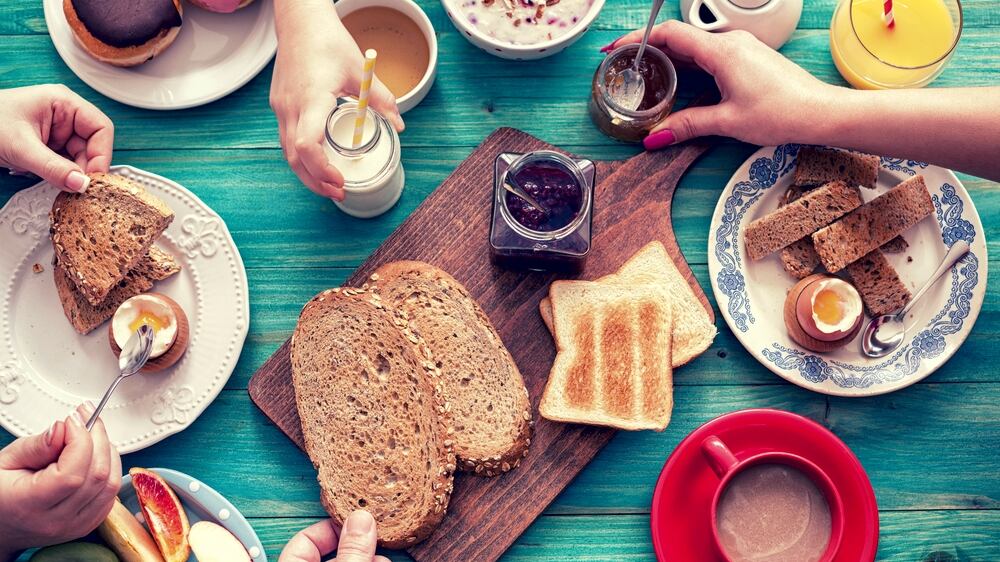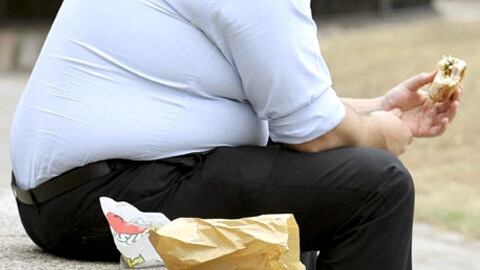Until this week’s notification by the FSSAI, carbonated fruit beverages guidelines were not defined, and there were no set standards. The notification, which was published on the FSSAI’s website, follows a period of open consultation by the regulator after a draft ruling was released earlier this year.
Now beverages with a quantity of fruit juice below 10%, but not less than 5%, should be called “carbonated beverage with fruit juice”. Those made with lemon or lime are allowed to contain no less than 2.5%.
The announcement will not please the beverages industry, which had hoped for a much lower benchmark. Earlier, the Indian Beverages Association had lobbied for the regulator to reduce the minimum content of fruit juice in carbonated drinks to 3%.
But it will give cheer to the government more than two years after the prime minister called for multinational beverage manufacturers in India to increase fruit juice levels in their drinks to boost income for farmers.
“Millions of people buy Pepsi and Coke. I have asked these companies if they can put 5% natural juice in their drinks,” Narendra Modi announced in 2014.
His call was met by the launch of several new carbonated beverages with fruit content over the last year, including Fanta Green Mango, a Coca-Cola India product with 10.4% fruit content, and PepsiCo India’s Nimbooz Masala Soda, which has 5% lemon juice.
While carbonated beverage consumption is increasing in India, its single-digit growth is slow compared to that of juices, which saw sales volume increase by over 20% last year, according to Euromonitor International.
In addition to the FSSAI’s notification on carbonated fruit beverages, India’s beverage industry is also fuming at the re-categorisation of aerated drinks under the luxury category after the looming introduction of GST.
“At INR10 (US$0.15) for 200 ml, aerated drinks are neither luxury goods nor do they carry the kind of health hazards attributed to them,” the Indian Beverage Association said in a statement after the GST Council announced the re-categorisation.
The industry body, which represents companies such as Coca-Cola, PepsiCo, Red Bull and Mondedēz, pointed out that the government itself had accepted this position by having previously removed carbonated drinks from this category in the last Budget, and 80% of states currently tax them at a rate lower than 28%—the highest GST rate.
The GST Council had approved a four-tier tax structure of 5%, 8%, 12% and 28% luxury tax that it said aimed to lower tax incidence on most goods.
The IBA added that with a consumer base ranging from low-income groups to the wealthy, such products are consumed across all levels of society and should not be considered a luxury.
“Needless to mention, this increase in taxes will lead to an increase in the price of soft drinks, restricting the purchase of soft drinks by the general mass, besides providing encouragement to spurious manufacturers to sell their products on the basis of the cost arbitrage,” the IBA said.
It added that if the GST Council stuck with its plans, the industry’s “future viability could be in grave danger because of such a consistent adversarial tax approach”.
More stories from India…
Arjuna launches Ayurveda-based clean-label preservative
Kerala-based botanicals major Arjuna Natural Extracts will launch a range of preservatives that the company says will appeal to the clean-label food fixation of millennials by combining herbal extracts with advanced technologies.

The X-tend range consists of distinctive formulations of proprietary blends of essential oils and oleoresins after Arjuna’s researchers identified a selection of botanical extracts that possessed antimicrobial activity.
The natural antimicrobial system is made from a combination of natural anti-fungal and antibacterial components isolated from spices, herbs and bacteriocins. They are targeted specifically to address the spoilage issue in fresh foods and beverages, and improve shelf life naturally.
The researchers, based at Arjuna’s new food technology division in Cochin, combined the botanical extracts, which are used in traditional Indian medicine, with methods of fermentation for bacteriocins, in concert with advanced technologies such as microencapsulation and emulsification.
These techniques allowed the formulations to maintain their clean-label promise, which is in demand among a growing number of young, middle-class Indians, Arjuna’s joint managing director said.
“Consumers’ growing demand for food free from preservatives directly influences food manufacturers’ and retailers’ decisions in developing and marketing new products,” said Benny Antony.
“Millennials, especially, are actively seeking safe foods without artificial ingredients. New product developers can help ensure success by focusing on clean labels.”
The scientists found no change in sensory profiles for taste and mouthfeel from the formulations after testing in a range of bakery, dairy, condiment and juice products, which tend to have shorter shelf-lives.
“Consumers are not aware that a lot of fruit-based drinks are susceptible to oxidation and microbial degradation,” said Antony.
“Drinking fresh fruit and vegetable drinks, or enjoying healthful and nutritious snacks like hummus spread that are refrigerated without preservatives could be dangerous to health.”
While these foods are highly sensitive to oxidation and contamination, many products on the market still rely on synthetic preservatives, he added.
Maharashtra looks at fast-food fat tax to curb obesity
The state of Maharashtra is considering imposing a so-called “fat tax” on fast food in a bid to push residents into eating more healthily.
According to a report in Live Mint, the state has initiated a 17-member task force of public health experts to drive policy intended to curb deaths from lifestyle diseases, which state lawmakers believe are caused largely by fast food consumption.

Among the measures under consideration are high tax rates on fast food and a ban on advertising by the segment. A special tax would follow a proposal by Kerala’s government earlier this year to introduce a 14.5% tax on fast food.
“The task force will analyse the causes for such non-communicable diseases and give us recommendations. The objective is to bring a policy that promotes good health,” a source told the paper.
According to a government resolution issued by the public health department, the task force is expected to suggest ways in which curbs could be imposed on fast food companies.
Yet one member of the group called on the state government to assess the prevalence of obesity and diabetes before the task force could make its recommendations.
“Once this is done, the government can come out with an effective policy,” Subhash Salunkhe, a former director general of state health services, told the Live Mint.
